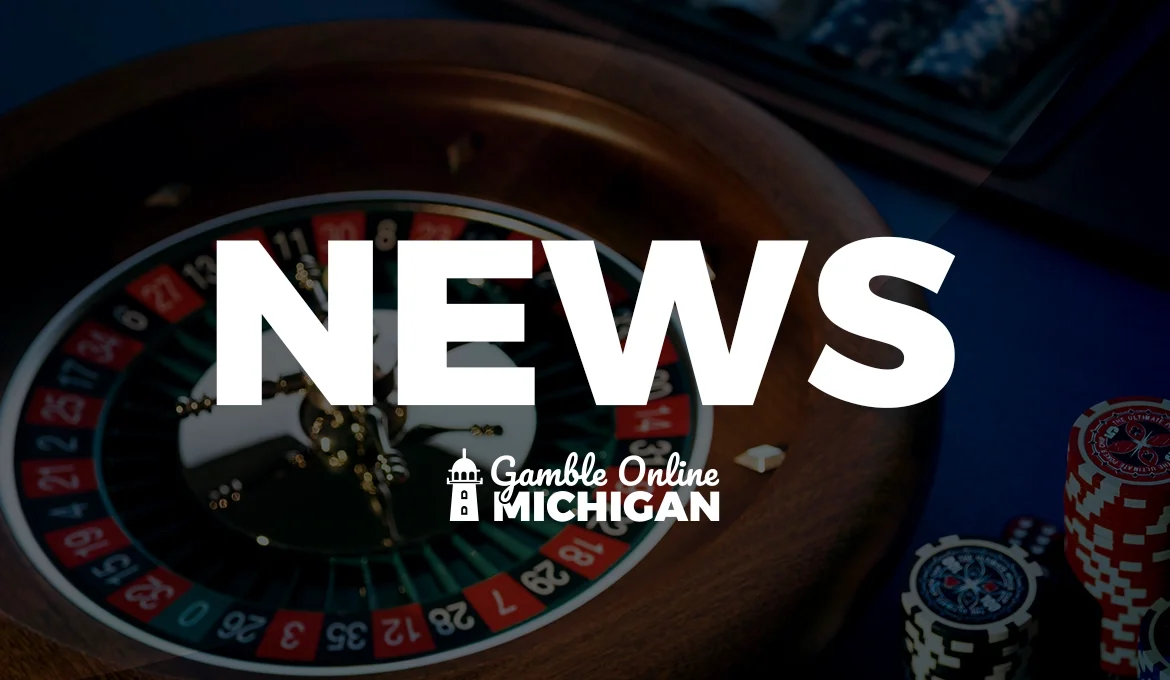Currently, the Michigan Gaming Control Board has four members appointed by Governor Gretchen Whitmer. The board is chaired by Linda Forte, while Joni Thrower Davis, Andrew Palms and Deidre Lambert-Bounds are the other members. Linda Forte took the position in July 2021 and holds a term that will expire in December 2024. The same applies to Deidre Lambert-Bounds. Thrower Davis and Palms, on the other hand, will hold their offices till December 2023.
As part of the $50 million budgetary allocation to the MGCB, these volunteer members will now share a lump sum of $63,000 as compensation for their services. The members of the MGCB board have public meetings every other month and play a huge role in approving gaming licenses. In addition, the board deliberates upon anti-illegal gambling policies and also ensures proper disciplinary measures for violations by licensed operators in Michigan.
As it stands, there has been no official statement on how the sum would be shared, especially considering that the members have different tenures. However, the allocations do not take effect until October 1 this year. And since the activities of the board are mostly public, it’s possible that we get some insights into the sharing formula in due course.
The potential benefits of compensation for volunteer members cannot be overemphasized. But most importantly, the roles played by the board in the grant of licenses is quite immense and compensation would make sure they remain motivated for the arduous tasks ahead. Moreover, offering compensation increases the chances of having highly competent hands express readiness to take the position in the future.



